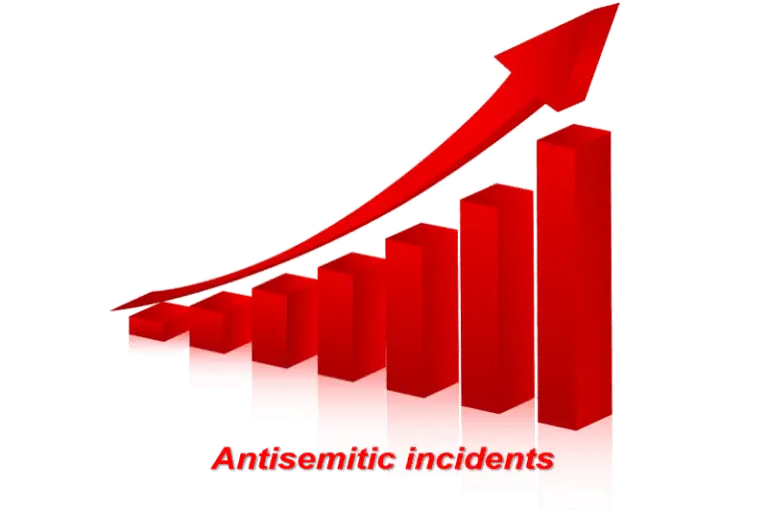Appointed as Independent National Rapporteur on the fight against racism, antisemitism and xenophobia in 1990, the National Consultative Commission on Human Rights (CNCDH) submits an annual report to the Government which draws up an inventory of racism in France.
In its capacity as independent national rapporteur for 33 years, the CNCDH evaluates the public policy carried out, and contributes to the monitoring of France’s compliance with its international commitments in terms of the elimination of racist discrimination. Based on a critical analysis of the policies conducted and relying on the observations of international bodies, the CNCDH formulates a series of recommendations aimed at better knowing, understanding and combating all forms of racism.
This report bases its analyzes and recommendations on a variety of complementary tools. The statistical report of the Ministry of the Interior, that of the Ministry of Justice, the surveys on the state of opinion, the analyzes of the CNCDH’s partner researchers, constitute as many elements to be compared with the numerous contributions of the institutional actors , associative and international, to understand as finely as possible the contours of racism and antisemitism in France.
The number of incidents of a racist, antisemitic and xenophobic nature recorded remains at a high level. Although the CNCDH barometer testifies this year to the maintenance of a high level of tolerance among the French population, the fight against racism, antisemitism and xenophobia is more topical than ever.
Racism in France is still largely underestimated and underreported. It often manifests itself through devious forms of rejection, sometimes difficult to characterize and denounce by the victims.
Focus 1: Rejection of the Other: fighting political manipulation
The year 2022 was marked by the crossing of a threshold in the way in which racist, antisemitic and xenophobic themes are expressed in political and media debate. In a context of political, social, economic and identity crisis, a number of political figures have actively participated in the politicization of the rejection of the Other, a moving figure with multiple faces. However, the tolerance index of the CNCDH barometer indicates that, for several years, prejudices and feelings of hatred towards the Other have tended to diminish. This paradox is explored through the study of discourses that seek to make the Other responsible for all ills and whose political instrumentalization contributes to transforming identity tensions into policies of exclusion.
Focus 2: Hate speech on the YouTube platform
This investigation, entrusted to an interdisciplinary team of researchers (Sciences po medialab and Interdisciplinary Sciences, Innovations, Societies Laboratory [LISIS]), broadens the scope of the study on the antisemitic imprint in YouTube comments, published by the CNCDH in 2020, including other registers of online hate: racism, hostility towards Muslim people and Islam, conspiracy and masculinism. Based on the analysis of 35 million comments from Internet users reacting to a wide variety of content, this study offers a map of the prevalence of hate speech and the relationship between them.






